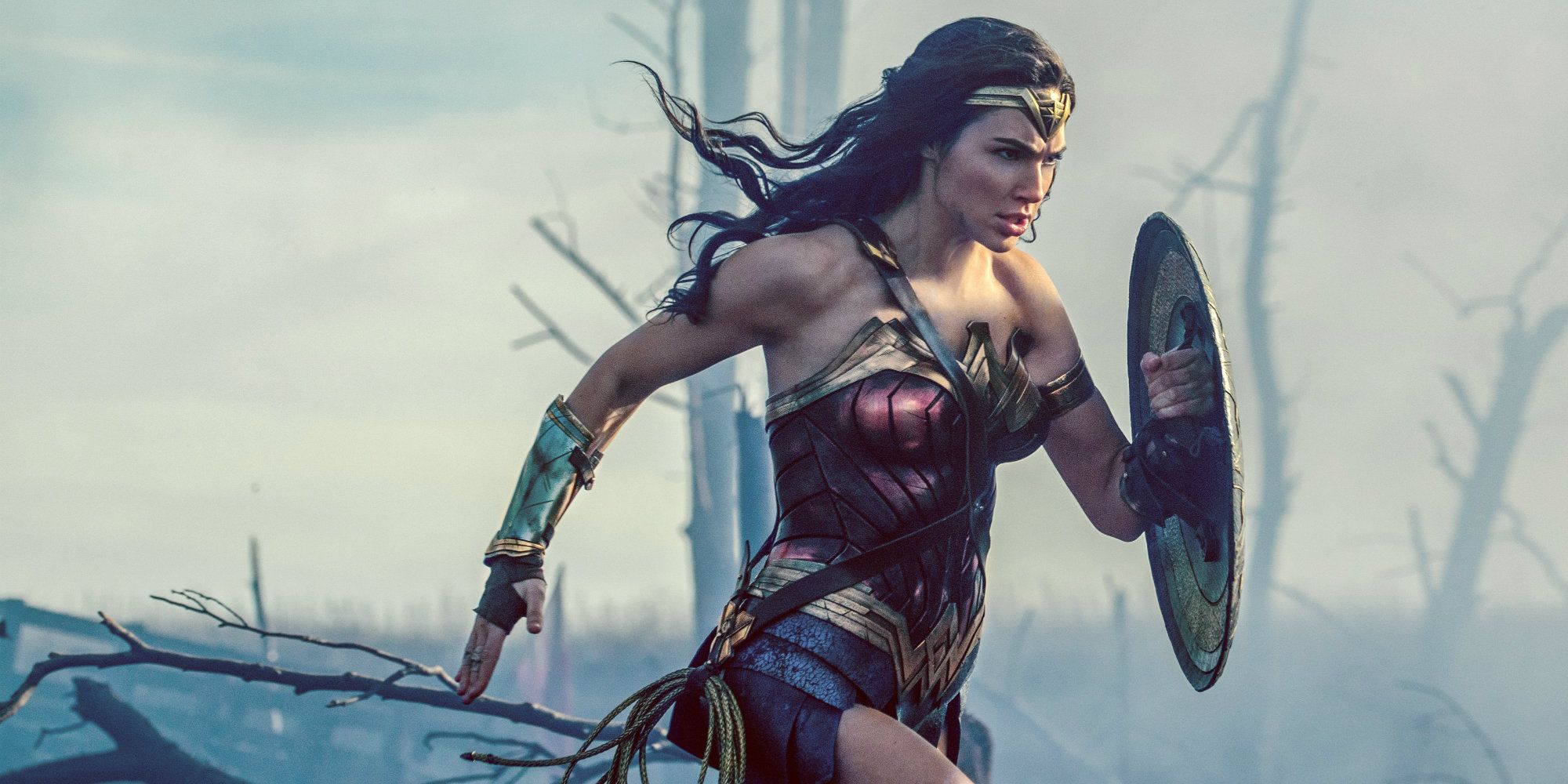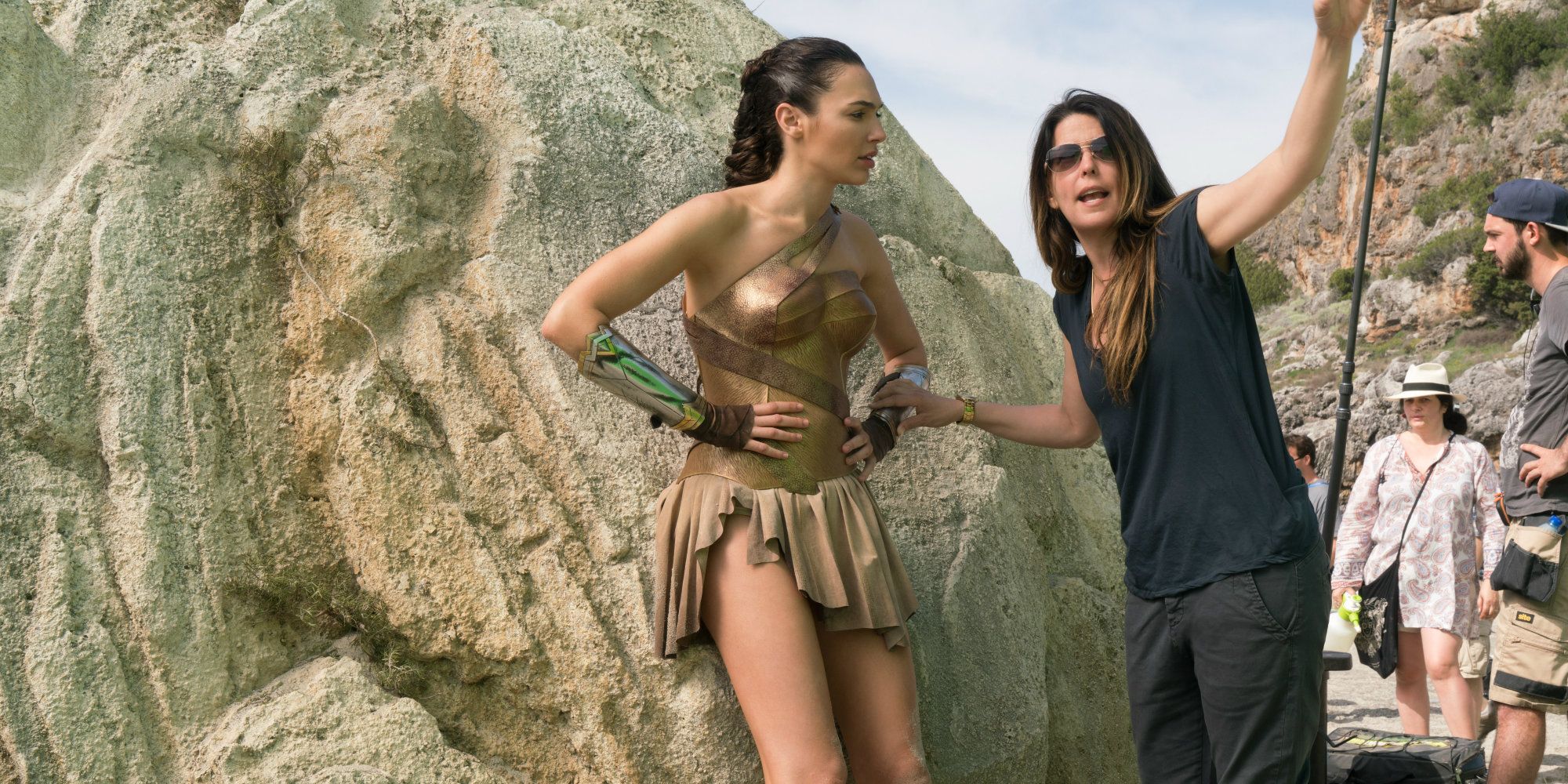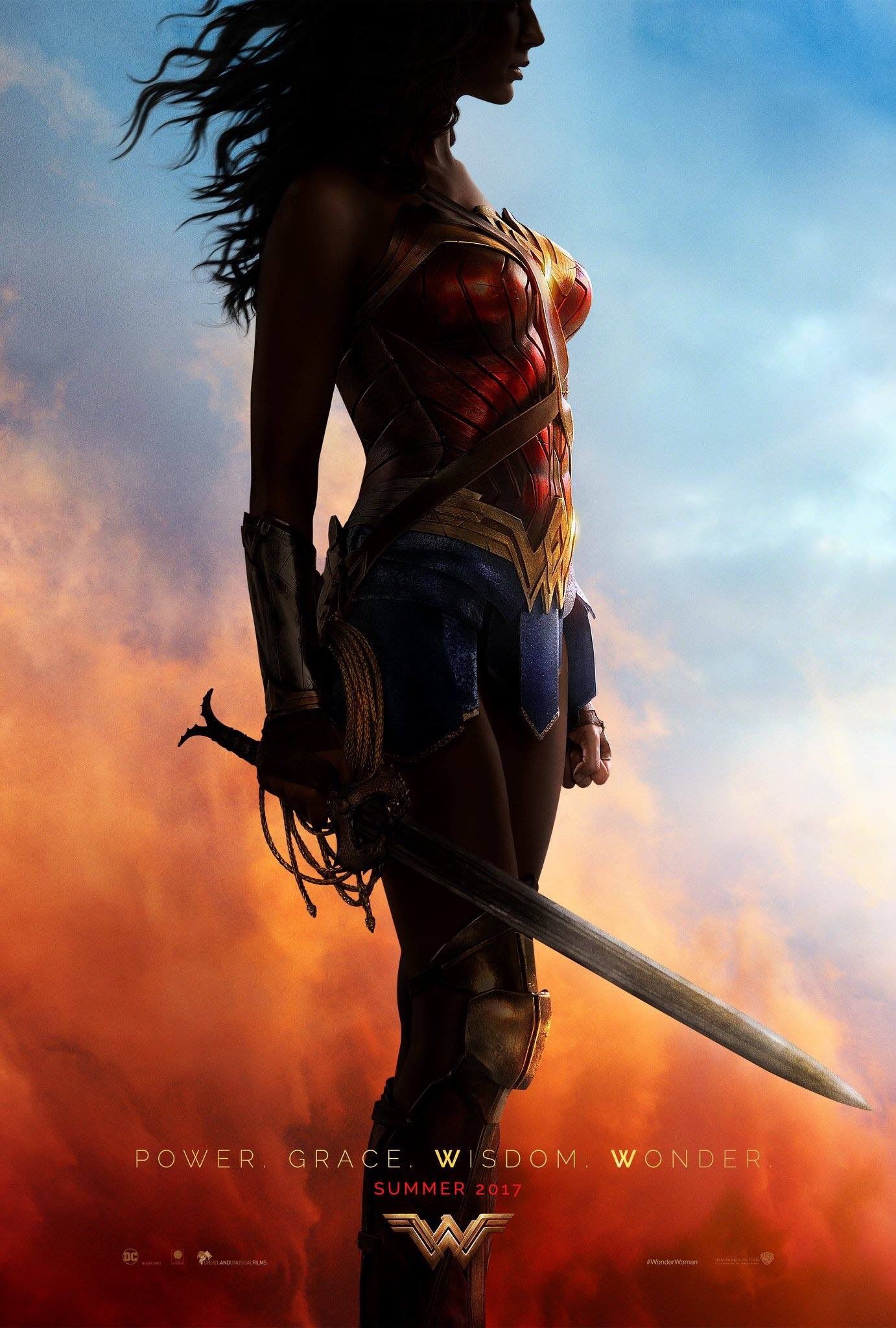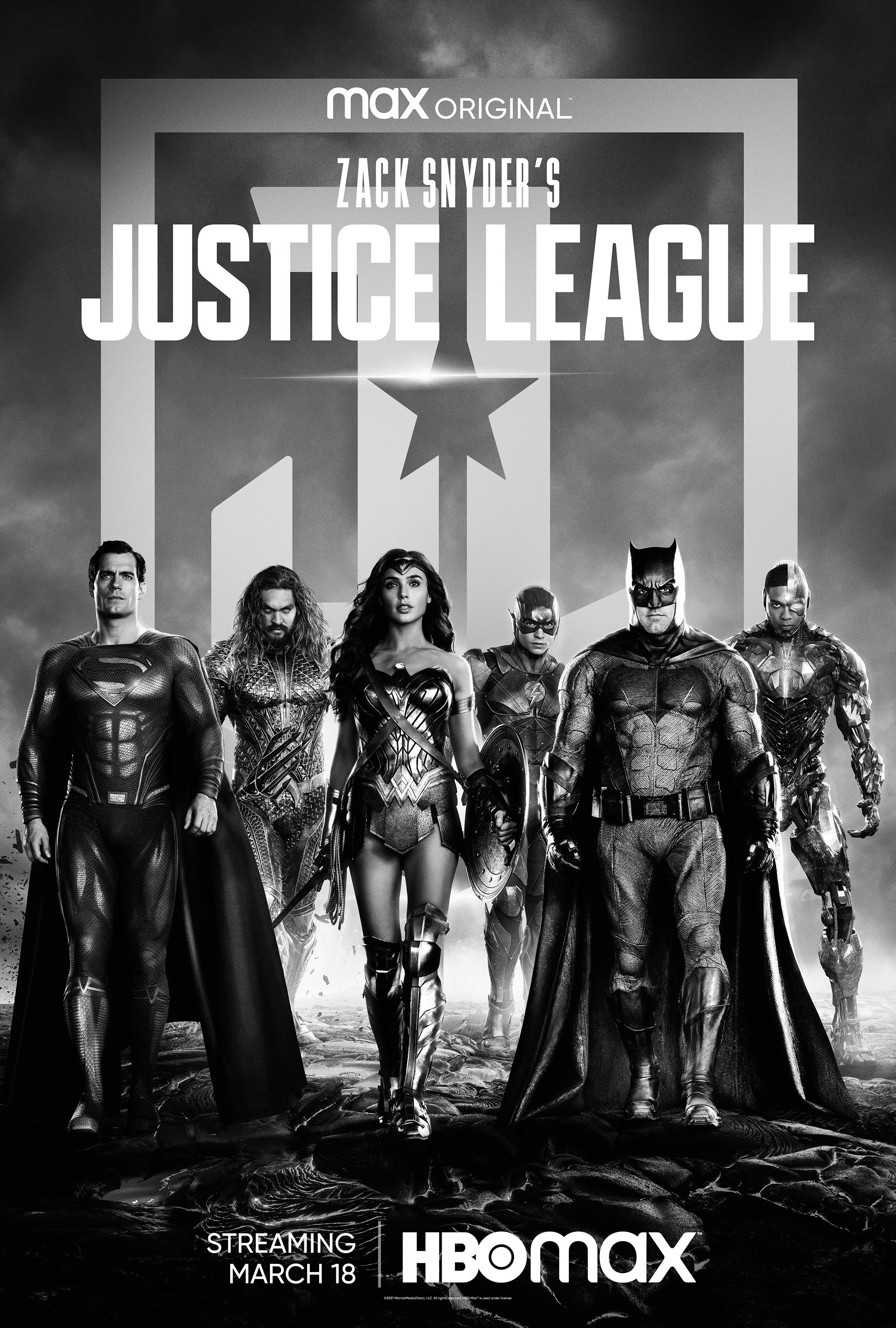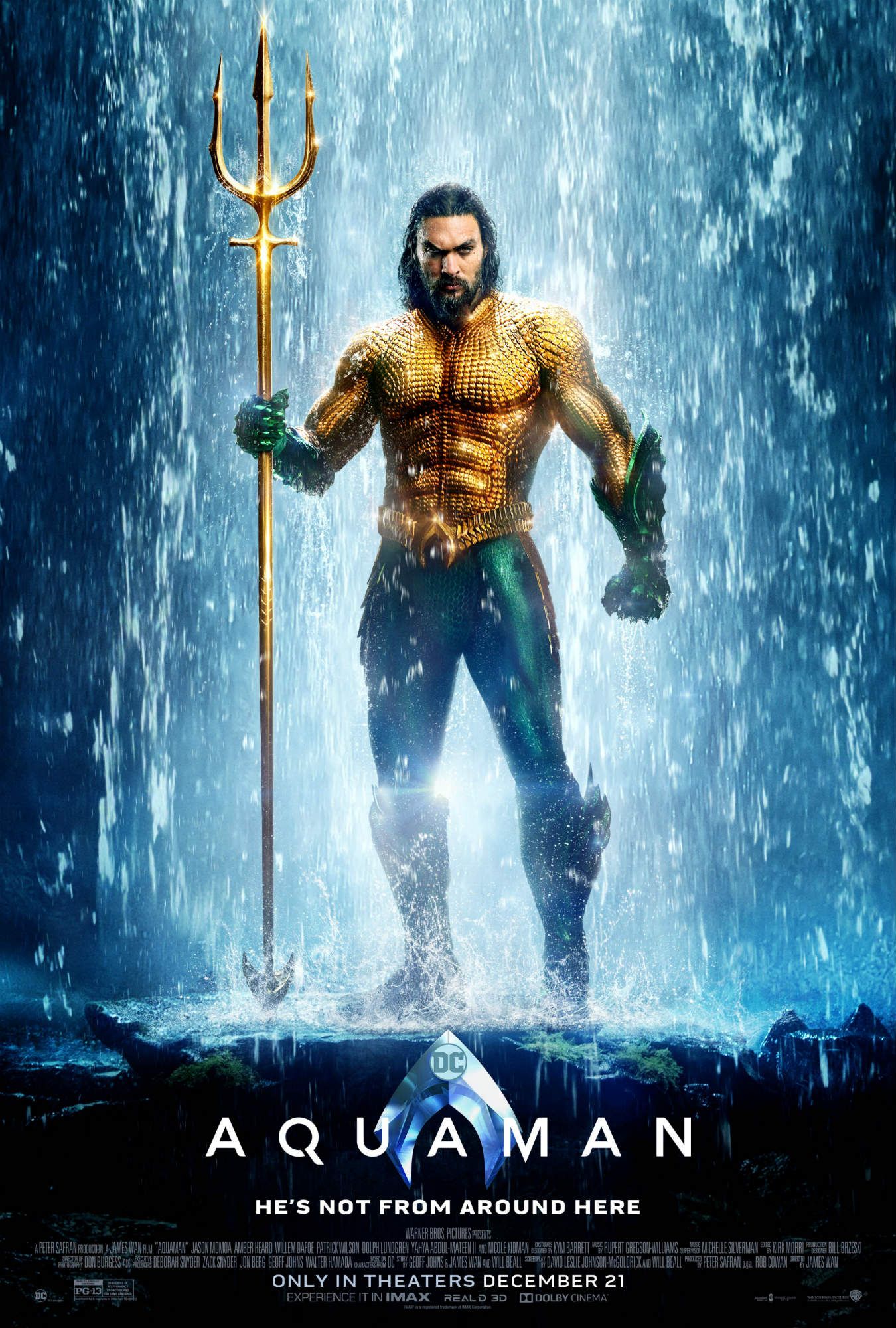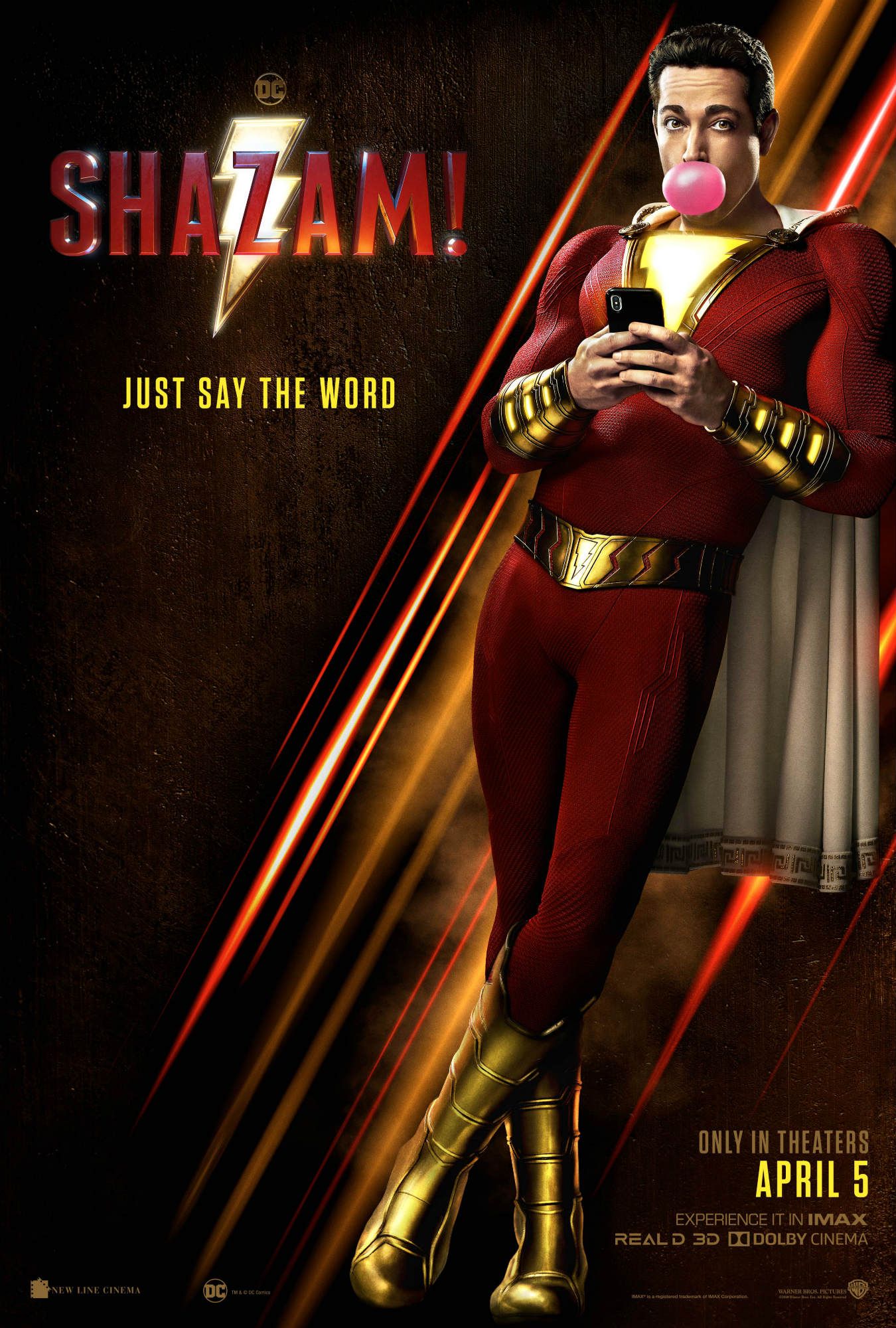The final iteration of Wonder Woman is receiving strong reviews ahead of its debut this weekend, but the story on the screen wasn't always on the page. Ever since Gal Gadot debuted as Diana Prince in Batman v Superman, fans of the character and the DC Extended Universe have been anxious to see her solo film. But while Wonder Woman finally coming to the big screen has been an exciting prospect decades in the making, the reception of the DCEU so far has left many curious about how well the film will actually do.
Luckily, the fears seem to have been put to rest. Early Wonder Woman reviews note that, some flaws aside, the film very much succeeds at what it aims to accomplish. Wonder Woman is easily the best critically-received DC Comics movie adaptation in a while, having already been Certified Fresh by Rotten Tomatoes - an admirable feat for any film, superhero or not. Much of that credit goes to Gadot and director Patty Jenkins, as well as the various individuals who helped craft the story and script for the film.
Collider sat down with producer Charles Roven to discuss the evolution of the script for Wonder Woman, and he detailed the changes and personnel that went into the final product:
“Really early on, before Patty came on the project, we put our toe in the water with two writers. They took completely different approaches on the material—one was the Crimean War and one was World War I, but a completely different World War I experience. We had quite a Writers Guild arbitration with a number of writers because we had a lot of writers, and then there were the preceding writers and the other incarnations of the development of Wonder Woman. But for our Wonder Woman we didn’t like the ultimate take on those scripts, even though they’re talented guys, and Zack [Snyder] and Allan Heinberg then collaborated on a story. We had a different director on at that time, and that director—which was OK’d by the studio—brought a number of writers on. We had more writers working with—everybody had knowledge because you can’t do it with the Writers Guild without telling everybody what you’re doing and everybody has to be OK—but we had more writers working at the same time than I’ve ever done. In the history of all the movies that I’ve done, it never worked out that way before.”
“While there are things that most of [the other writers] contributed that are in the script, there wasn’t anybody who ended up making such a contribution that they were able to get a credit. A guy by the name of Jason Fuchs got the third position in the ‘Story By’ so it’s Zack Snyder, Allan Heinberg, and Jason Fuchs, but Allan Heinberg got the full screenplay credit. Even though after he wasn’t able to finish working—he had to go back to the TV series that he was working on—Geoff Johns and Patty did a tremendous amount of collaboration. But again based on the rules they weren’t allowed to get any credit, but they did a lot of writing that stuck. So that’s the long-winded version of the answer being that we had a basic arc of a story, but scene to scene it really came together when Patty got involved.”
If that all seems a bit confusing, it's not actually uncommon for a blockbuster. Many superhero films bear the names of multiple writers, with some individuals pitching general story ideas and others coming in and fleshing out the actual dialogue and stage directions. As for a producer like Johns and the director getting involved, that too is common. Over in the MCU, Kevin Feige has a hand in every production, and other creatives like Joss Whedon and the Russos have done the same. An example similar to Wonder Woman is Ant-Man, which involved multiple writers, two directors, and finally star Paul Rudd and MCU outsider Adam McKay crafting the final script.
As for why Wonder Woman is doing so well with critics, Roven compares the tone of the movie to the original Superman, with the added layer of a woman's perspective that's rarely seen in action films:
“The thing that I think that [Christopher Reeve’s] Superman had that our Wonder Woman has is the genuine compassion for man. Wanting to see the best in him, and wanting to help mankind, men and women, human beings. But what the character also had in every incarnation was her desire from the time that she was a young girl to be a hero. Her mother was a hero, her aunt was a hero, and she felt it was the destiny of herself and the other Amazons to be heroic, and so she wanted to fulfill that destiny from the very beginning, from the time that she was a little girl. That was always there, how she was gonna go about doing it wasn’t always there.”
While each of DCEU's films have done well financially, they failed to win over critics and even many DC fans. Both of last year's offerings were especially divisive, so it makes sense that Wonder Woman would take up the mantle of Superman from the comics as a beacon of hope for humanity. It's clear that, in the absence of a comics-appropriate Clark Kent, moviegoers are eagerly embracing Diana as the new savior of mankind and light in the darkness. The tactic seems to be working, as the movie is set to debut to strong box office numbers at home and abroad. By the end of the weekend, we should have a better picture, but Wonder Woman looks all set to be a success for the DCEU on all fronts.
NEXT: What Wonder Woman Reviews Get Wrong About the DCEU
Source: Collider

